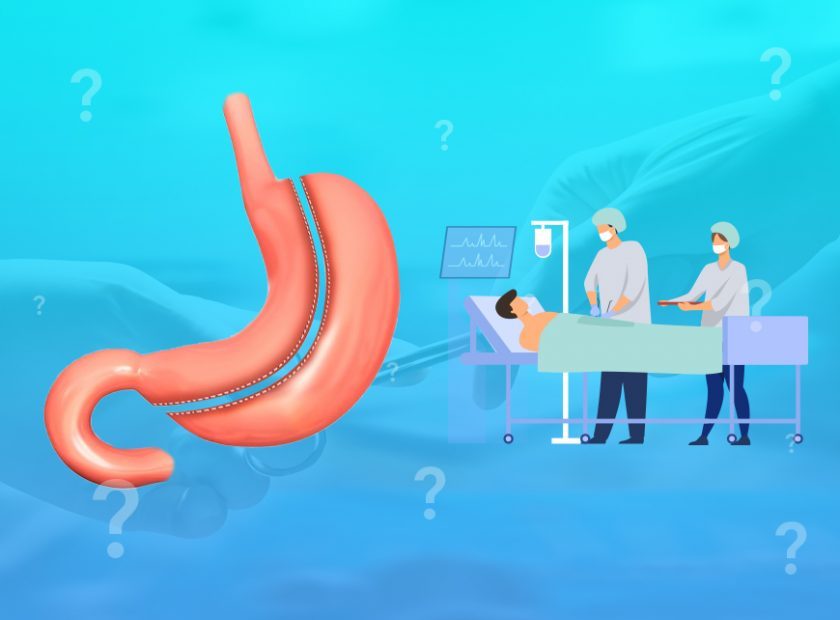
How Weight Loss Surgery Helps Type 2 Diabetes? As the prevalence of obesity continues to increase, many people are now opting for weight loss surgery, such as gastric bypass or Roux-en-Y gastric bypass. Another procedure, which is rarely performed in the U.S., is more effective at eliminating type 2 diabetes in obese patients.
Both of these surgeries are effective and have some drawbacks. For more information about these procedures, contact your physician.
Both types of bariatric procedures will reduce the amount of food that you eat and the amount of calories absorbed by your body. Both treatments are intended to stop type 2 diabetes from causing further damage to your body.
Additionally, both surgical procedures can help improve your blood sugar levels and your condition by reducing the use of insulin. And, they both have positive effects on other systems, such as cholesterol, kidney function, and blood pressure.
Despite these benefits, these surgeries are still controversial and are only effective in certain individuals. For example, patients who undergo gastric bypass have a higher risk of recurrent diabetes than those who undergo a standard surgical procedure.
These surgeries require more recovery time, and a greater chance of complications. However, a majority of people who have undergone the procedure can expect a permanent remission from their condition.
While undergoing surgery is not always effective, it has been shown to improve the symptoms of type 2 diabetes. For instance, weight loss surgery is particularly effective in patients with type 2 diabetes.
It improves high blood pressure and cholesterol, which increase the risk of heart attacks and strokes. In some cases, weight loss surgery can damage nearby organs. These include the intestine, gallstones, and peritonitis.
Although a bariatric procedure does not cure type 2 diabetes, it may help to improve control of the disease. In some cases, the surgery will help you feel full sooner and may even improve your blood pressure, cholesterol, and kidney function.
The surgical procedure may also help you lose weight. The benefits of this surgery for type 2 diabetes are numerous. It may even improve your type of blood sugar. So, it is important to choose the right bariatric surgery for your situation.
Bariatric surgery helps to control blood sugar levels. Having high blood sugar levels is an indicator that you have diabetes. As you can see, it is possible to treat the condition with weight loss surgery. It is important to be healthy, and exercise regularly.
If you are suffering from diabetes, you should follow the doctor’s instructions for the procedure. If you are overweight, you should avoid carbohydrates, as they may cause insulin resistance.
What Is Gastric Sleeve Surgery?
Many people wonder, what is gastric sleeve? If you’ve been on diets and exercise programs for years and still can’t lose weight, you may want to think about gastric sleeve surgery.
Before you make your decision, it’s important to understand the risks and benefits, the potential complications, and the long-term commitment involved. Before you make an appointment with a plastic surgeon, read this guide to learn more about the surgery.
Gastric sleeve surgery is a type of surgery that permanently reduces a person’s stomach size. After the surgery, a person must follow a strict diet for a year. Following this diet, a dietitian will discuss the proper foods for post-operative recovery.
Patients should also be aware that this procedure is irreversible and cannot be reversed. If you need to lose more weight in the future, you may consider gastric bypass surgery, which removes excess tissue and allows the patient to eat as much as they used to.
Although the procedure has become a popular option for those who are severely overweight and unable to lose weight on their own, gastric sleeve surgery isn’t for everyone.
The risks are minimal, and the results can last for years. In some cases, the procedure can lead to weight gain if you do not stick to a healthy diet and exercise routine. However, if you don’t keep up with the diet and exercise program, you may regain some of the lost weight.





